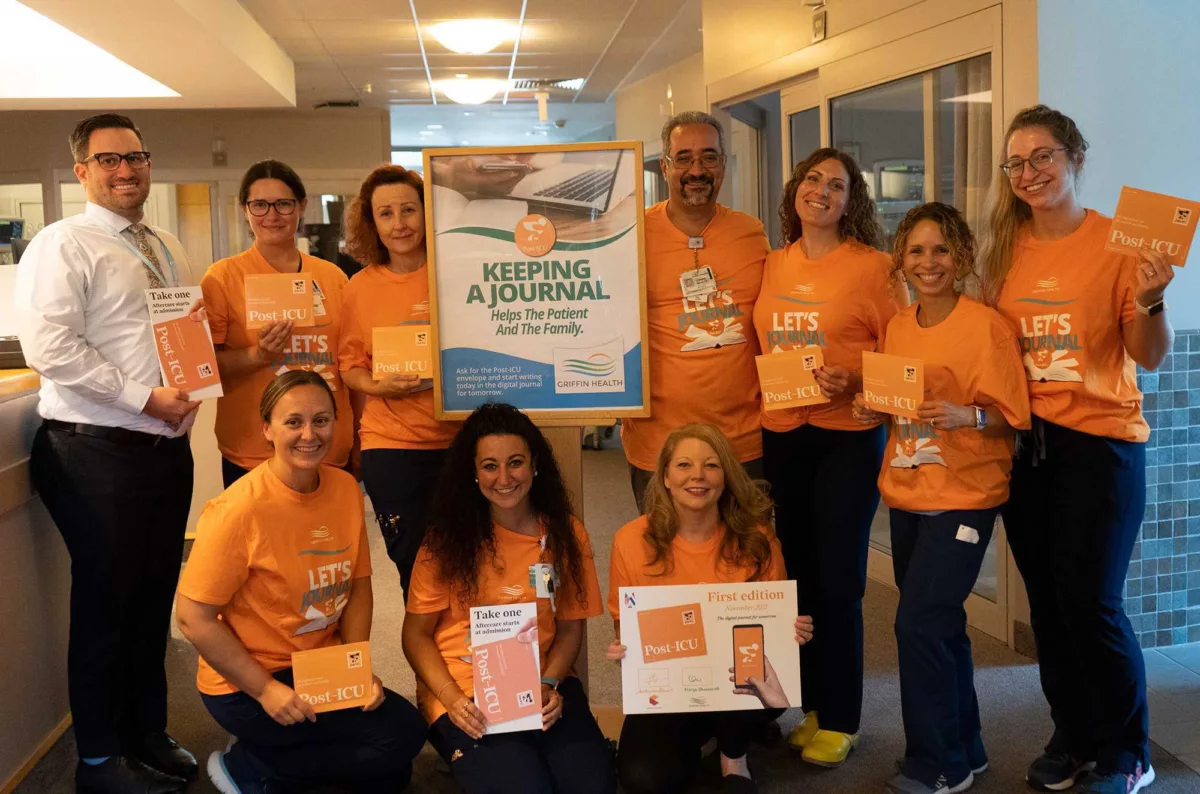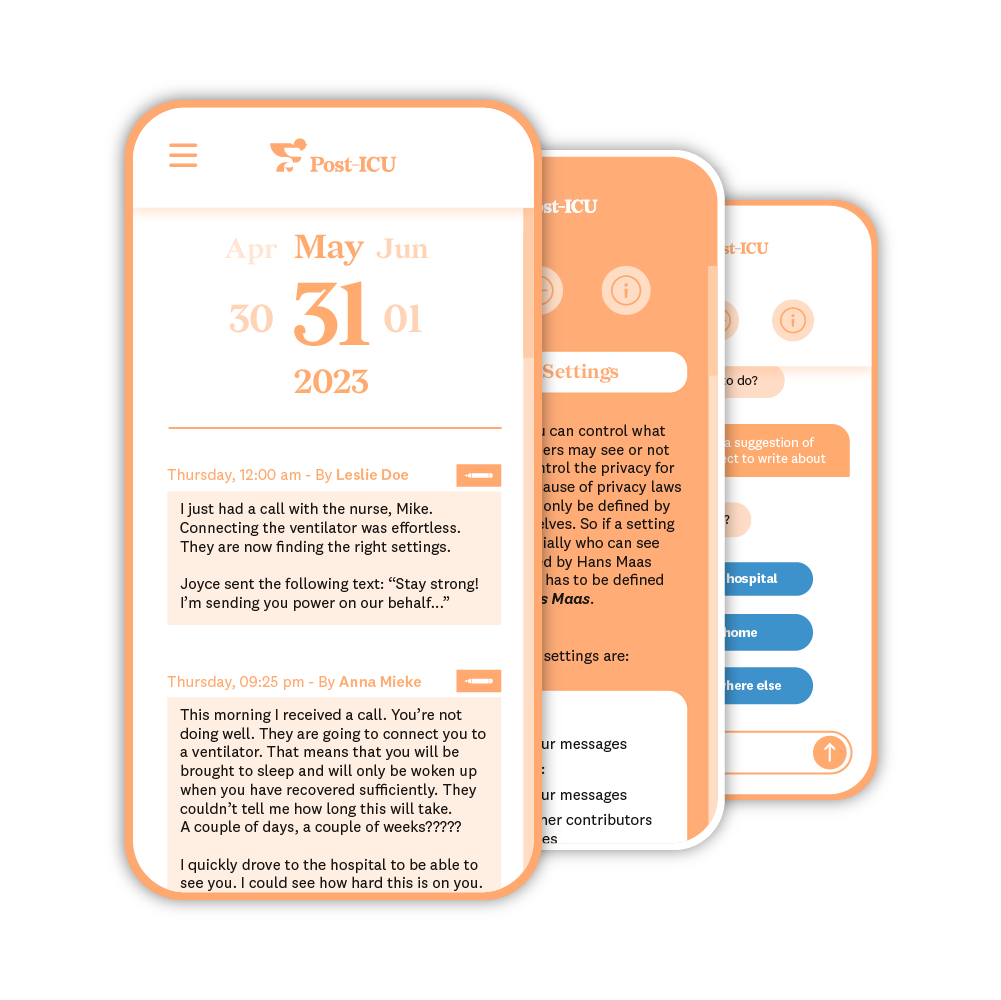The latest on critical and person-centered care
delivered to your inbox - only once every 3 months.
Griffin Health, striving to be the pioneer in person-centered care, faced an ambitious challenge: to extend their person-centered care approach to the Intensive Care Unit (ICU). In the context of life-threatening situations, the emphasis in the ICU often revolves around immediate medical interventions and monitoring vital signs. This may lead to a reduced emphasis on the human aspects of care. But that did not suit Griffin at all.
Griffin wants to provide person-centered, compassionate care. In their aspiration to abide by the guidelines from the Society of Critical Care Medicine’s (SCCM) ICU Liberation Bundle, they found it challenging to implement Family Engagement in a meaningful way. Although the SCCM labels Family Engagement as crucial, there isn’t a lot of practical guidance available on how to realize it.

Griffin Health faced the following challenges:
Learn how to reduce ICU readmissions and improve patient care today!
ICU staff’s limited time: Saving time, not spending it
Faced with concerns about the potential time commitment from ICU staff, Griffin discovered that integrating our Post-ICU digital diary into their workflow not only proved to be time-efficient but even contributed to a streamlined care delivery.
How does the Post-ICU digital diary save professional caregivers time?
Griffin now agrees that Post-ICU wasn’t only able to address the initial apprehension, but rather emerged as a time-saving asset within their demanding ICU environment.
saves caregivers time
minimizes litigation risk
effectively manages consent
Addressing data liability: ICU diaries minimize litigation risk
The challenge of how to handle liability is a very understandable question, which has fortunately already been answered many times. And not just by our own experts, but also by independent scientific studies.
For example, Cazares-Machado et al. (2017) found a number of effective ways to minimize litigation claims when using ICU diaries. Two of them we would like to point out:
The Post-ICU diary offers the perfect way to apply both of these insights: engaging the ICU patient and family in their care, and communicating clearly and transparently. The mere act of keeping the diary together with the family enhances communication and will make the family more involved in the care for their loved one.




Another way we work to minimize litigation risk can be found in our training sessions. When we implement Post-ICU in a new hospital, training sessions are an essential part of the implementation.
We trained Griffin’s professional caregivers with:
For us, training is not a one-way street though. We believe in sharing knowledge, and learning from the ICU staff as well. Training sessions take on a collaborative approach, in which Griffin’s staff is involved in creating their own guidelines. This collaborative training not only ensures staff buy-in, but will also result in better, well applicable guidelines.
The data that is entered and saved in the Post-ICU diary are of a very sensitive nature. It makes sense that consent needs to be handled carefully. That is why the Post-ICU diary manages consent on two levels:
Explore our resources hub full of expert-level content and materials.

Post-ICU is trusted by +25 Hospital's in Europe and US





















